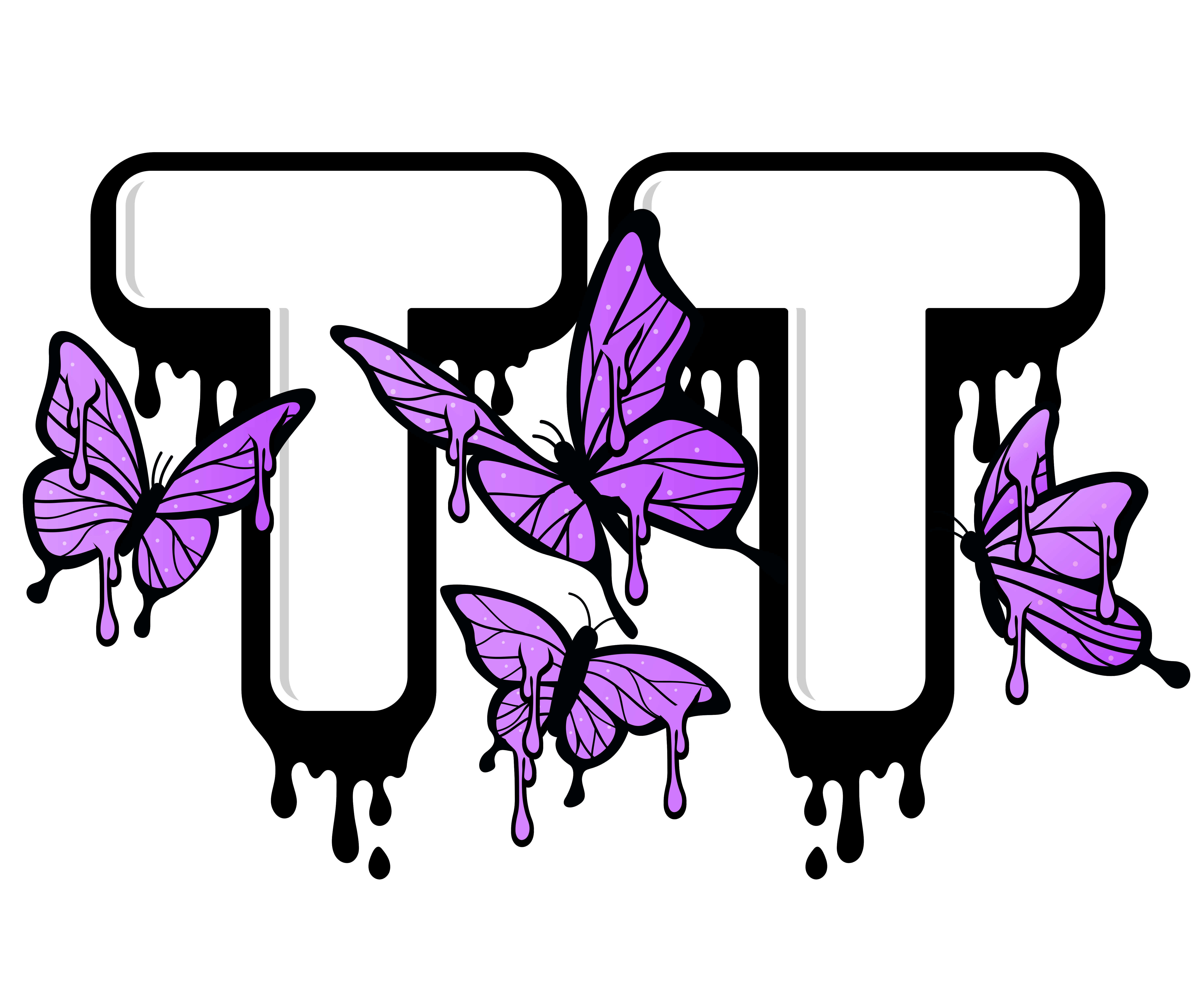Reflecting on this week’s readings and my own views on journalism, I see the First Amendment as a very vital but complicated “shield” for the press and reporters. In my opinion, it primarily protects journalists when they’re reporting on significant public issues such as the actions of the government, societal problems, or other matters that impact the community in some way. However, I do also believe there are times when this protection should have limits and boundaries.
I believe that the First Amendment is the most impactful when it protects journalists who are investigating and reporting on things that deeply affect our society. Whether they’re exposing corruption, holding powerful people accountable, or keeping an eye on what the government is doing, the constitutional protection that the First Amendment provides is vital. The Pentagon Papers case, New York Times Co. v. United States (1971), is a great example of this. The Supreme Court’s decision to allow the press to publish the classified documents shows just how necessary the protection of press freedom is because the public has a right to know what is happening.
Although I believe the First Amendment is an inherently good thing for journalists, I do also believe that it should not be used as a shield for ALL journalistic activities. When reporters knowingly publish false information or show a complete disregard for the truth with malicious intent, especially when it involves other people’s reputations, the First Amendment should NOT offer them protection. The case of New York Times Co. v. Sullivan (1964) set boundaries between protecting free speech and preventing malicious defamation. This ruling set a standard that balances the need for a free press with protecting individuals from invalid attacks on their character. Along the same lines, journalists who engage in illegal activities while investigating and reporting should NOT be shielded by the First Amendment. This post from the National Constitution Center details some instances where journalists who engaged in illegal actions were held accountable for their actions despite the information they recovered being “in the public interest”. Ethical boundaries are essential for journalists and media outlets to be respected by the public, and our laws should also reflect this.
The rise of weaponized defamation lawsuits against the media is a troubling trend especially as a media student. These lawsuits, which are mostly used by powerful individuals or companies, aim to intimidate and silence the voices of the press. This is a concerning problem because it can scare journalists into not reporting important stories. This tactic not only threatens journalistic freedom but also undermines our democratic principles as a whole. However, on the other side of this, I also understand the need for defamation suits. If someone spread false and damaging information about me, I’d want the ability to set the record straight. In pursuing a defamation suit, a plaintiff would need to focus on proving the falsity of the statements and the journalist’s malicious intent or gross negligence, adhering to the standards set by New York Times Co. v. Sullivan. The key is making sure these lawsuits are actually about fixing a wrong, not just silencing critics.
This is where Anti-SLAPP (Strategic Lawsuit Against Public Participation) laws come in. They help stop lawsuits that are just meant to scare people into silence, suppressing free speech. These laws make it easier for journalists to defend themselves against baseless legal threats by allowing early dismissal of meritless lawsuits. They’re a good way to keep things fair, especially for journalists who might not have a lot of resources and keep people from being burdened by costly and time-consuming litigations. States like California have robust Anti-SLAPP laws, which I believe are a good thing and help uphold free speech and a free press.
The First Amendment plays a huge role in journalism. It serves as a shield when the truth is at stake, but I do not believe it should be an unconditional shield. Responsible journalism should follow ethical standards and report the truth. The concern over weaponized defamation lawsuits is valid, but there are legal standards for defamation and protections like Anti-SLAPP statutes that help address these challenges. Ethical journalism requires a balance between freedom and responsibility.
